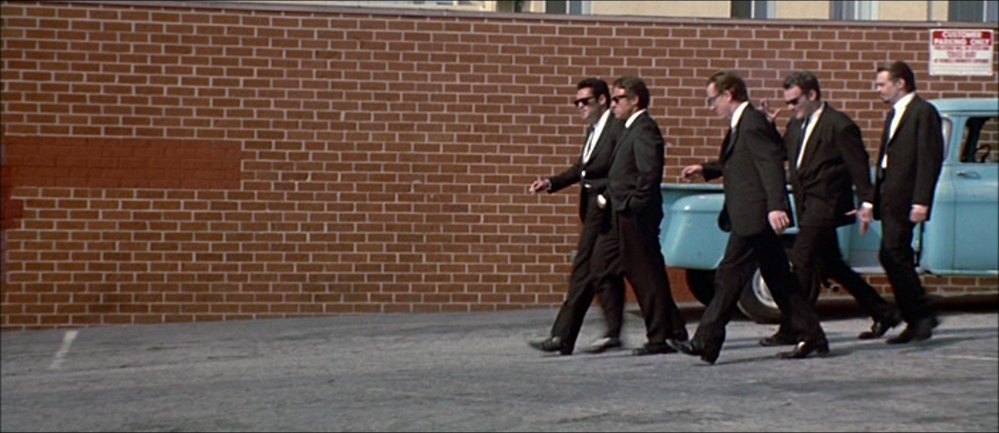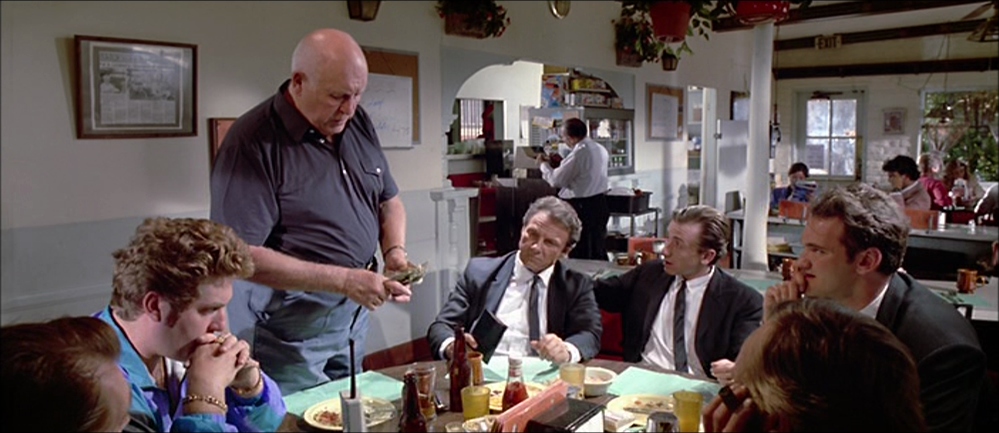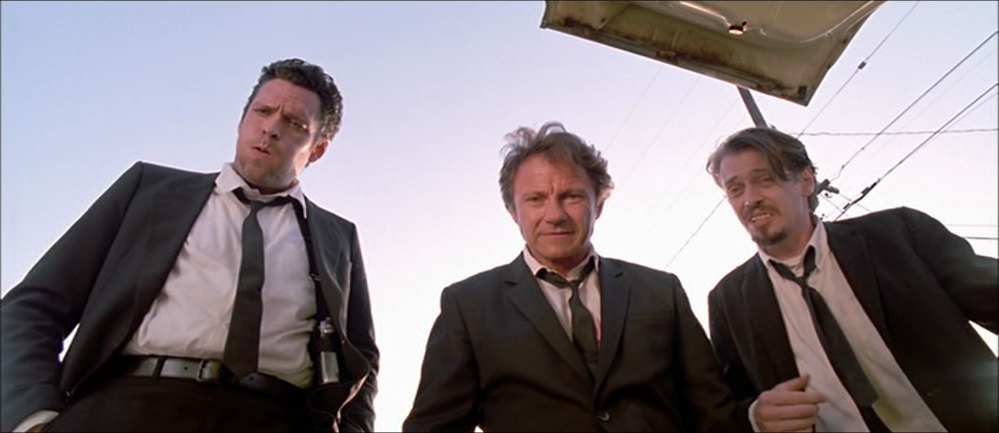‘Reservoir Dogs’ is a 1992 crime movie that marks the feature film debut of writer-director Quentin Tarantino. Starring Harvey Keitel, Tim Roth, Chris Penn, Steve Buscemi, Lawrence Tierney, and Michael Madsen in pivotal roles, the film tells the story of a heist plan gone wrong. Set in the Los Angeles, the story follows a group of gangsters who deal with the whacky and dangerous situations that arise after their plan to steal a diamond goes awry.
Since its release, the movie has garnered critical acclaim and a cult following for its depiction of crime and violence, dark humor, and use of pop-culture references. Given that the movie’s premise revolves around a botched heist, it seems ripped from newspaper headlines. If you are wondering whether Tarantino’s ‘Reservoir Dogs’ is inspired by real people, here is everything you need to know!
How Classic Crime Films Shaped Reservoir Dogs
‘Reservoir Dogs’ is made from an original screenplay written by director Quentin Tarantino. The acclaimed filmmaker would go on to deliver several hits, such as ‘Pulp Fiction,’ ‘Kill Bill,’ and ‘Once Upon a Time in Hollywood.’ However, his low-budget debut film, a crime caper about a group of gangsters navigating the complicated aftermath of a robbery as we learn about their motives through flashbacks, remains a revered piece of cinema.

In a 2009 interview with Pop Matters, director Quentin Tarantino spoke about the genesis of the idea that eventually became ‘Reservoir Dogs.’ Tarantino explained that he wrote the story based on his desire to make a heist movie. “When I sat down to write Reservoir Dogs, I just wanted to do a heist movie. Here it was, I’d like to do a movie about a bunch of guys on a mission, but it has to be really cool,” he said. Thus, it is evident that with ‘Reservoir Dogs,’ Tarantino desired to make a movie that subverted the genre tropes and reinvented heist capers.
While speaking to the Los Angeles Times in 1994, a couple of years after the film’s release, the director elaborated upon his approach to filmmaking. “Because movies are so characterless these days–basically film versions of situation comedies–I like to work in a genre while subverting it from the inside. I like to work against an audience’s usual expectations,” Tarantino explained. As a result, it is easy to understand why the heist film does not depict the actual crime in action. Instead, it explores the crime’s aftermath and the motivations of the main characters.

Tarantino wrote the film’s screenplay while working at a video store in Manhattan Beach, California. As the filmmaker has revealed on several occasions, he was deeply inspired by Stanley Kubrick’s 1956 noir film ‘The Killing.’ The movie is loosely based on Lionel White’s novel ‘Clean Break’ and is a dialog-driven heist film with plenty of violence. While Tarantino throws out most of the rules of making a film in the heist genre, his screenplay uses audacious dialogs and gritty violence in a similar manner to ‘The Killing.’
In an interview with The Seattle Times, Tarantino spoke about the influence of Kubrick’s movie on his screenplay. “I didn’t go out of my way to do a rip-off of The Killing, but I did think of it as my Killing, my take on that kind of heist movie,” the filmmaker divulged. Similarly, other movies, such as Akira Kurosawa’s 1950 film ‘Rashomon,’ Phil Karlson’s 1952 noir ‘Kansas City Confidential,’ and Joseph H. Lewis’s 1955 crime film ‘The Big Combo’ have all been cited as influences on Tarantino’s feature film debut.
Ultimately, ‘Reservoir Dogs’ is not based on a true story. The actual crime in the crime thriller is never depicted on the screen, setting it apart from other heist movies. Moreover, it showcases Quentin Tarantino’s flare and flamboyance as a filmmaker, helping him generate a unique take on the popular genre. It highlights the filmmaker’s ambition to pay homage to the films that have inspired him while using dialog, humor, and violence to ground the characters in realistic situations and extract an entertaining reaction from them that propels the narrative.
Read More: Reservoir Dogs Ending, Explained


You must be logged in to post a comment.